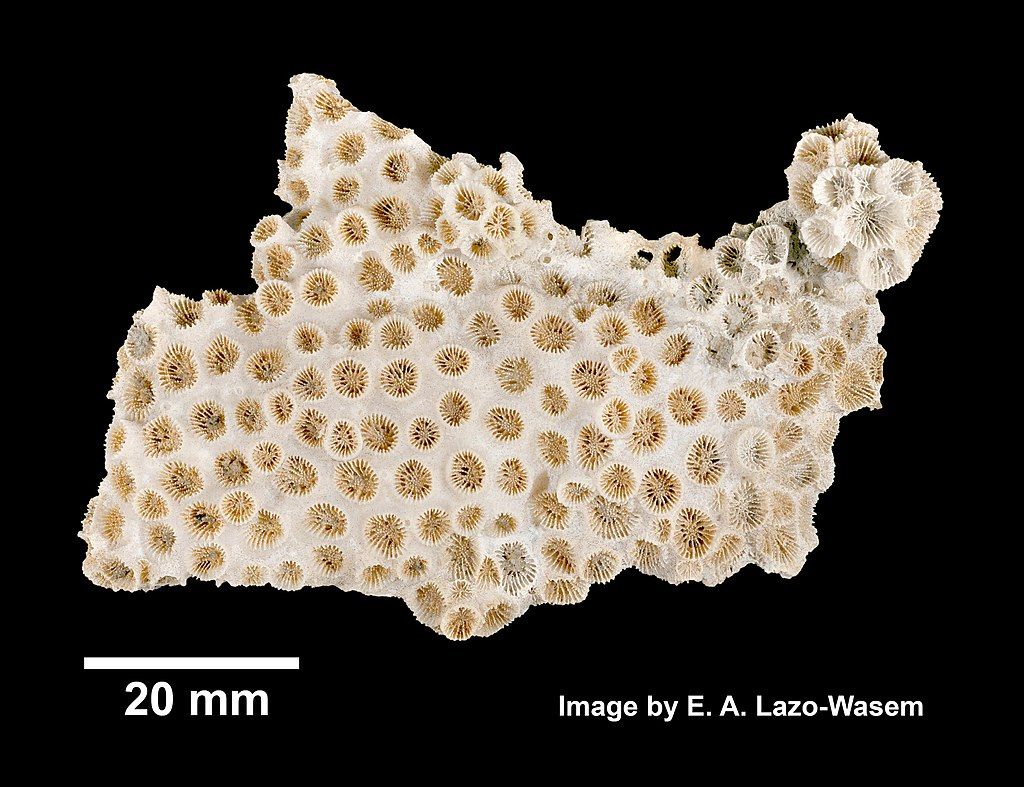For many organisms, winter is a time to rest. Bears retreat into their dens for a long sleep; squirrels curl up in trees. That’s not to say, however, that everything shuts down. In bears, squirrels, crickets, and wasps, dormancy is accompanied by changes in the animals’ microbiomes. A type of coral called northern star coral also goes dormant; the coral stops eating, retracts its tentacles, and no longer responds to touch. And scientists found that these corals’ microbiomes, too, are hard at work undergoing a change during dormancy, shedding certain types of microbes and increasing others.
Over the course of one October through March, scientists dove off the coast of Massachusetts to collect samples of the coral. By sequencing specific genes in the microorganisms, the scientists characterized the microbiomes of the coral before, during, and after dormancy. They found that when the corals enter dormancy, or quiescence, they shed microbes that require a lot of nutrients or that are potentially associated with diseases. Meanwhile, they noticed an increase of microbes that may help the corals maintain and acquire nitrogen while they are not feeding.
Scientists hope that further research will help them pinpoint microbes that are crucial to coral health and recovery after the corals experience some kind of disturbance, whether that be natural or artificial. Not only will this help us understand more about corals, but it may also lead scientists to develop probiotics or microbial treatments to help support corals that are under stress. A probiotic pill for corals? Not exactly, but not too far off.










